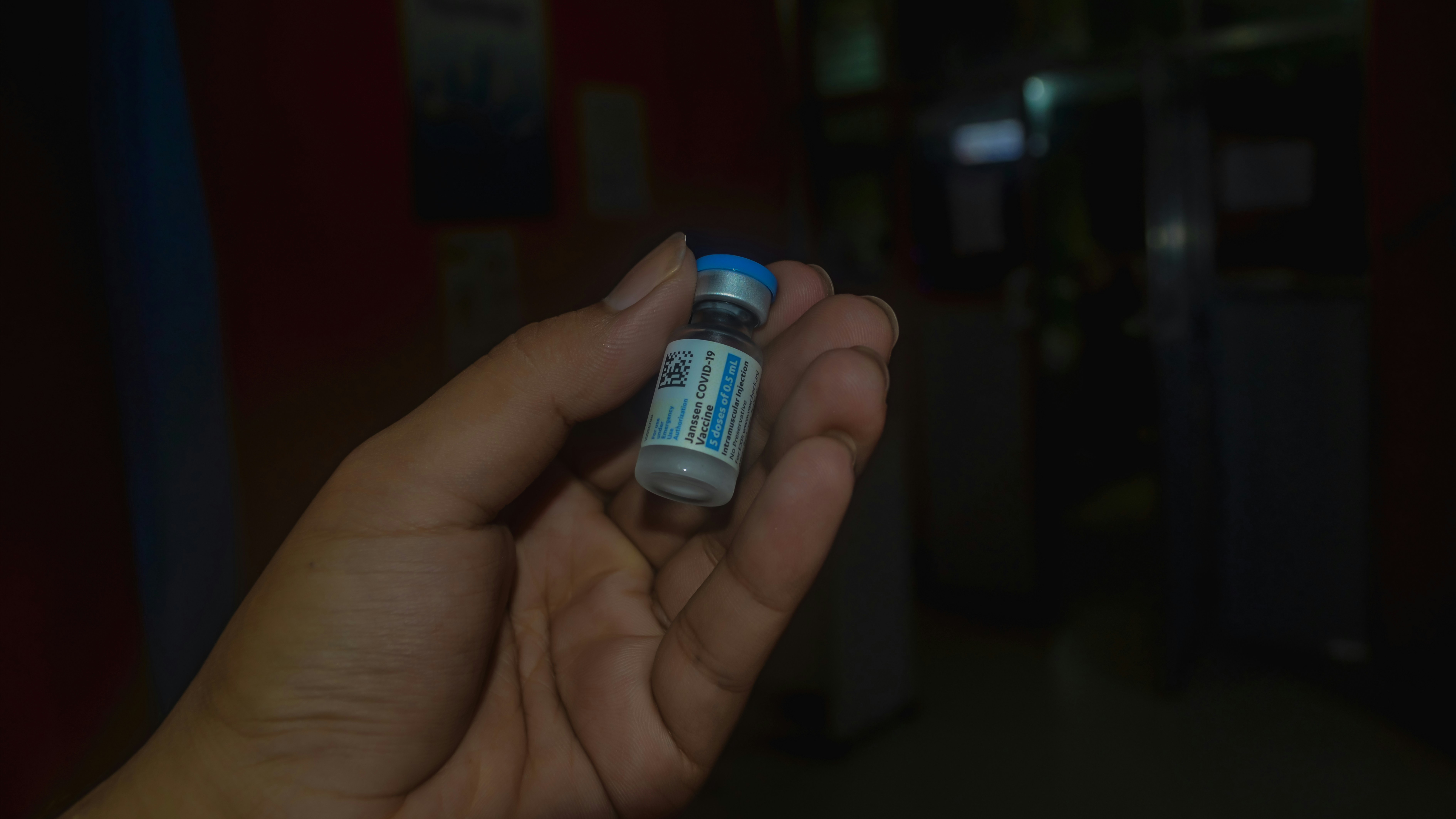As the therapeutic use of ketamine becomes more mainstream in mental health care, many patients and providers alike find themselves navigating a maze of questions. Chief among them is a practical, crucial inquiry: Who can prescribe ketamine?
The answer, while straightforward on the surface, unfolds across layers of medical licensure, clinical judgment, and ethical responsibility. Ketamine is a powerful tool—one that demands not only legal authority to prescribe, but also the clinical wisdom to do so safely and effectively.
Who Can Prescribe Ketamine Therapy?
In the United States, ketamine is a Schedule III controlled substance. This means that prescribing privileges are limited to licensed medical professionals with a DEA registration. Typically, this includes medical doctors (MDs), doctors of osteopathic medicine (DOs), and in some states, nurse practitioners (NPs) and physician assistants (PAs) with appropriate training and supervision.
So, who can prescribe ketamine? Technically, any clinician with prescriptive authority and a valid DEA license. But effectively, it should be someone trained in both the medical management of ketamine and the psychological implications of its use and being sure that the symptoms with which the patient is presenting is treatable with ketamine—particularly in the context of mental health care.
This leads many to ask: Can a psychiatrist prescribe ketamine? Yes, and in fact, psychiatrists are often ideally positioned to do so. With their dual training in medication management and mental health diagnosis, psychiatrists can evaluate the appropriateness of ketamine within the larger context of a patient’s psychiatric history, current symptoms, and therapeutic goals.
Can a Psychiatrist Prescribe Ketamine?
Can a psychiatrist prescribe ketamine? Absolutely. In fact, many of the country’s most reputable ketamine clinics are either run by psychiatrists or collaborate closely with them. This integration allows for a more holistic approach—where ketamine is not seen as a standalone “cure,” but as part of a broader, ongoing treatment plan.
Moreover, when psychiatrists are involved, patients benefit from nuanced diagnostic workups and comprehensive monitoring. A psychiatrist prescribing ketamine can ensure that any underlying mood, anxiety, or trauma-related disorder is thoroughly assessed before treatment begins. They also play a central role in evaluating whether adjunctive therapies—like integration-focused psychotherapy—may enhance outcomes.
At Lumin Health, we believe that the question “Can a psychiatrist prescribe ketamine?” opens up a more important dialogue: Who should be guiding this process? And how can we ensure that patients receive the most ethical, effective care possible?
How to Qualify for Ketamine Treatment
The next question patients often ask is, How to qualify for ketamine treatment? Broadly, the FDA has approved ketamine in its esketamine form (Spravato) for treatment-resistant depression (individuals who have tried and not responded to multiple antidepressants) and depression with suicidal thoughts. However, many clinics also offer off-label ketamine injections for other mental health conditions, including PTSD, anxiety disorders, and obsessive-compulsive disorder (OCD).
The process typically begins with a comprehensive intake: psychiatric history, medical evaluation, and discussion of past treatments. Clinicians assess not only diagnosis, but also stability, risk factors, and the potential for ketamine and esketamine to be beneficial. In other words, understanding how to qualify for ketamine treatment requires more than ticking boxes—it involves a thorough and compassionate evaluation of one’s lived experience.
Once qualified, patients often ask, Where can I get ketamine? That depends. Clinics vary widely in their model of care. Some offer esketamine (covered by insurance), while others provide IV infusions or intramuscular administration. Importantly, where can I get ketamine is not just about geography—it’s about finding a setting that prioritizes safety, integration, and person-centered care.
Where Can I Get Ketamine For Mental Health Treatment?
When patients ask, “Where can I get ketamine?”, we urge them to consider more than convenience. The ideal setting should offer medical supervision, clear screening protocols, post-treatment process, and a commitment to collaboration with the patient’s existing care team.
Whether it’s a hospital-based clinic, a standalone ketamine center, or a mental health organization like Lumin, what matters most is that patients are not left to navigate the experience alone.
Similarly, the question how to qualify for ketamine treatment should never be reduced to a checklist. It’s a conversation—one that centers on each patient’s goals, readiness, and capacity to engage with a powerful and sometimes emotionally evocative medicine.
Prescribing Ketamine Therapy for Depression and Mental Health Conditions
Ketamine therapy is a potent and promising modality—but it must be guided by more than legal authority. So, who can prescribe ketamine? Yes, a DEA-licensed clinician. Can a psychiatrist prescribe ketamine? Yes, and often with added nuance and expertise. But perhaps the deeper question is: Who will accompany the patient through the entire arc of care?
And to those wondering where can I get ketamine or how to qualify for ketamine treatment, we invite you to take the first step—not by finding a prescription, but by starting a dialogue grounded in safety, hope, and healing.







